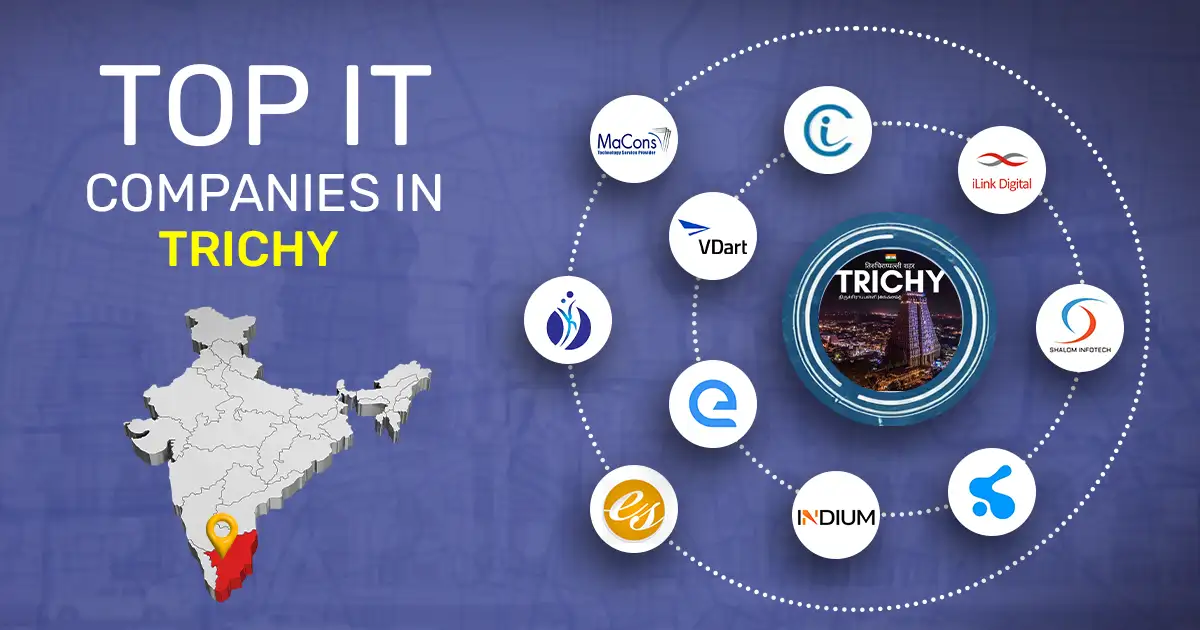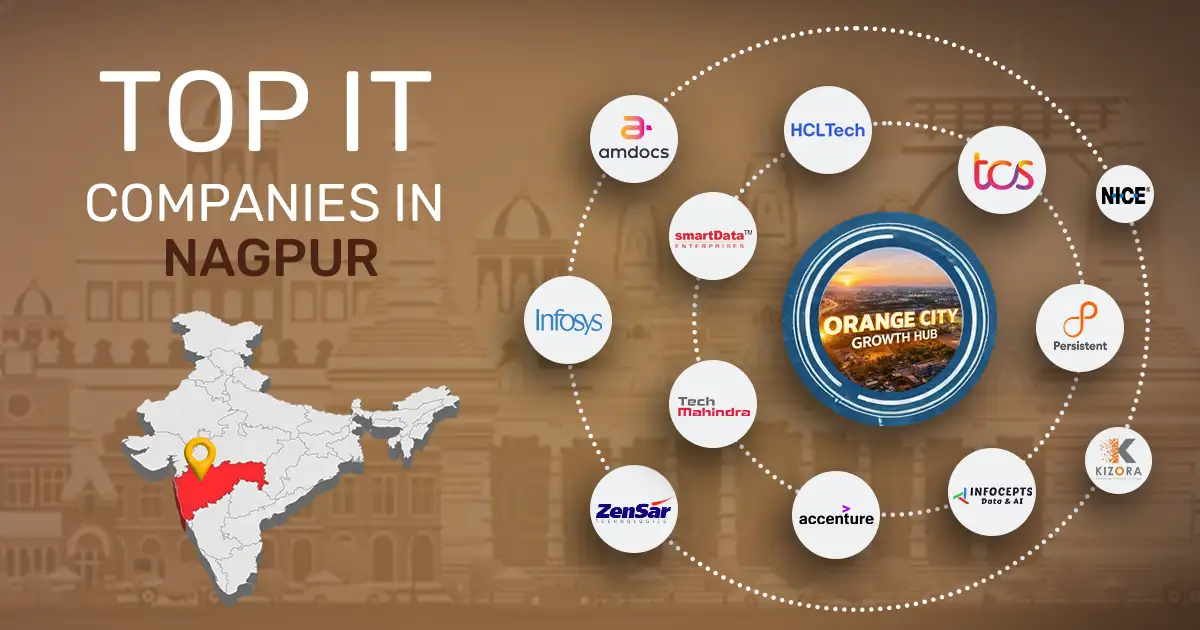
Introduction
When it comes to international trade, choosing the right payment methods and revenue models is crucial for seamless transactions and business growth. In a world where Global Payments and cross-border trade are expanding rapidly, businesses must adapt to evolving payment solutions to ensure smooth financial operations.
From traditional transaction methods like bank transfers and letters of credit to digital payment solutions such as e-wallets and blockchain technology, the landscape of global payments is constantly changing. Understanding these payment methods will help businesses minimize financial risks and build trust with global partners.
This guide will walk you through various payment methods, how to choose the right payment solutions for your business, security measures to follow, and future trends in international revenue models.
Also Read: Payment Gateway
What Are Different Types of Payment Methods (Online & Offline)?
When dealing with cross-border payments, businesses can choose from multiple transaction methods, depending on security, speed, and convenience. Here are the most common payment solutions in international trade:
1. Traditional Offline Payment Methods
a. Letter of Credit (LC)
A Letter of Credit (LC) is a bank-issued guarantee ensuring that the seller will receive payment as long as the agreed conditions are met. It is widely used in international trade to minimize risks.
- Secure for both buyers and sellers
- Reduces payment risks in cross-border payments
- Ensures transaction completion
- Expensive due to bank charges
- Requires complex documentation
b. Bank Wire Transfers (SWIFT Payments)
Bank wire transfers are direct electronic transfers between bank accounts. The SWIFT network is the most common system used for global payments.
- Direct and widely accepted
- Suitable for high-value cross-border payments
- High transaction fees
- Takes a few days to process
c. Open Account Transactions
In an open account transaction, the exporter ships goods before receiving payment. The buyer agrees to pay within a specific time frame (e.g., 30, 60, or 90 days).
- Encourages business relationships
- Lowers transaction costs
- High risk for exporters
- Can lead to payment delays
2. Modern Online Payment Methods
a. Payment Gateways & Digital Wallets
Online payment solutions like PayPal, Stripe, and Wise allow businesses to make fast and secure global payments.
- Instant transactions
- Secure and encrypted
- Transaction fees can be high
- Not universally accepted
b. Cryptocurrency & Blockchain Payments
Cryptocurrency is becoming a viable option for cross-border payments, offering secure, decentralized transactions with lower fees.
- Fast and cost-effective
- Reduces fraud risks
- Regulatory issues in some countries
- Price volatility
How to Choose the Right Payment Method for Your Business?
Selecting the right payment solution depends on several factors:
- Large transactions often require letters of credit or bank transfers, while smaller payments can use digital wallets.
- B2B transactions may require structured revenue models, while B2C businesses benefit from instant payment methods.
- If fraud protection is a priority, secure payment solutions like escrow services should be used.
- Different payment methods come with varying fees. Consider a cost-effective solution without compromising security.
What Are The Emerging Trends in Digital Payment Methods?
The world of global payments is rapidly evolving, with new technologies shaping transaction methods. Some key trends include:
- AI & Machine Learning for Fraud Prevention – AI-powered payment solutions detect fraud patterns and enhance security.
- Biometric Payments – Facial recognition and fingerprint authentication add a layer of security to cross-border payments.
- Decentralized Finance (DeFi) – Blockchain-based financial systems are reducing intermediaries in global payments.
- BNPL (Buy Now, Pay Later) – International buyers can defer payments, making transactions more flexible.
What Are The Security Measures in Online Payment Methods?
With the rise of digital payment solutions, security is a top concern. Here’s how businesses can protect their transactions:
- Two-factor authentication (2FA) – This adds an extra layer of protection for global payments.
- SSL Encryption – Ensures data is encrypted during transactions.
- Fraud Detection Systems – AI-based fraud detection prevents unauthorized transactions.
- Regulatory Compliance – Adhering to international trade laws ensures secure cross-border payments.
What Is The Impact of Payment Methods on Customer Experience?
The choice of payment solutions can greatly influence customer experience and business success:
- Customers prefer businesses that offer quick payment methods.
- Offering diverse transaction methods boosts conversion rates.
- Customers feel safer when trusted payment solutions are used.
A smooth payment solutions experience enhances customer satisfaction, leading to repeat business and loyalty.
What Is The Future of Payment Technologies?
The future of global payments is expected to be more digital, seamless, and secure. Innovations that will shape the future include:
- Central Bank Digital Currencies (CBDCs) – Government-backed digital currencies to simplify cross-border payments.
- AI-Powered Payment Assistants – Automated assistants to streamline financial transactions.
- Smart Contracts – Blockchain-based contracts that execute transactions automatically when conditions are met.
As technology advances, businesses must stay updated with the latest transaction methods to remain competitive.
Conclusion
Understanding different payment methods and revenue models is crucial for businesses engaged in international trade. Whether using traditional banking transaction methods or adopting modern payment solutions, businesses must ensure security, cost-effectiveness, and ease of use.
The future of global payments is digital, and businesses that adapt to emerging payment solutions will thrive in the evolving trade landscape. By carefully selecting the right payment methods, companies can enhance customer experience, reduce risks, and expand their reach.
Need help setting up secure and efficient payment processes for your international business? RegisterKaro provides expert guidance on selecting the right payment solutions and ensuring compliance with global trade regulations.




